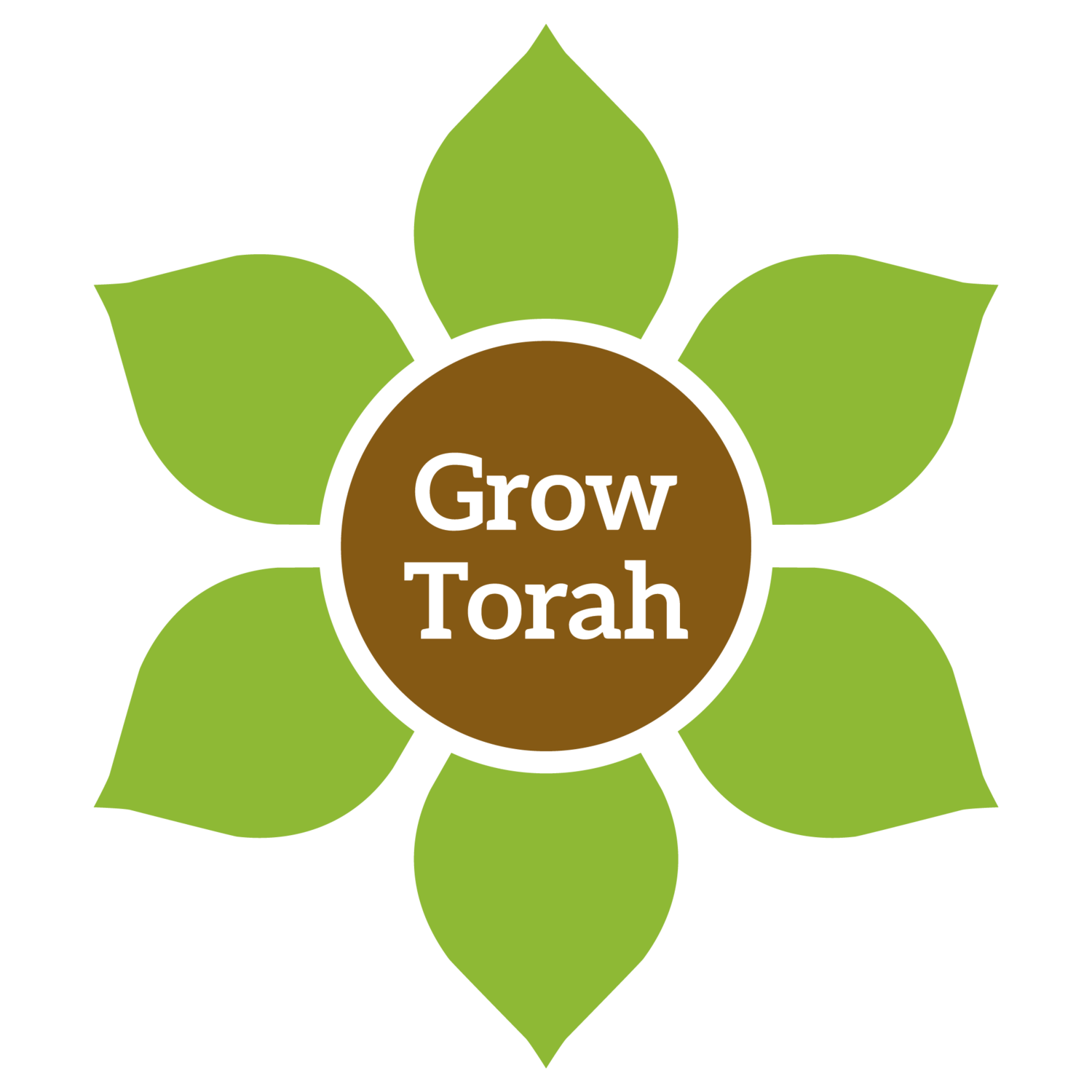Toldot: Digging the Wells - The Importance of Protecting Our Natural Resources
Original Author - Rabbi Yuval Cherlow, edited by the GrowTorah Summer Inchworms 2021
View Accompanying Source Sheet Here
The limited resources of the world we live in have dramatic ramifications, with the potential to inspire conflict and even war.[1] In this week’s Torah portion, Parshat Toldot, Yitzchak faces conflict with the Pelishtim and the people of Gerar rooted in the age-old struggle surrounding the scarcity of water. The shepherds of Gerar claim, “The water is ours,” and effectively expel Yitzchak from the area, forcing him to find a new source of water.[2]
Although the Pelishtim seem to want the water, they fill up the wells Yitzchak used with dirt. The Pelishtim “envy” Yitzchak, and as a result of their jealousy, they choose to destroy their own ability to draw water from the wells.[3]
The issue of water is one of the primary issues impacting the environment and immediately influencing mankind’s quality of life. Water is a subject that requires us to face the undeniable and harsh reality that the world’s natural resources are critically limited and that all of creation is dependent on the existence of these natural treasures. Unfortunately, we are currently facing a slew of issues that highlight the precarity of our water. As a result of unsafe drinking water, poor hand hygiene, and lack of sanitation, some 395,000 children under the age of 5 die each year from diarrhea. There are an estimated 2 billion people who drink contaminated water.[4] The United States has been experiencing drought conditions – with at least 39 states moderately affected as of this week.[5]
Our Torah portion can offer us insight into the world’s contemporary water crisis. First, it teaches the necessity of removing natural resources from the realm of destruction in times of conflict and war. The fact that the Pelishtim deliberately filled up the wells of Yitzchak to expel him from their midst, reflects the dangers of war and the need to protect natural resources, even in times of serious conflict. This ethic is later codified in halacha. The Torah limits our ability to respond harshly during war by forbidding the wanton destruction of an enemy’s fruit-bearing trees.[6] Even amid struggle, one must take the “day after” into consideration and understand the profound need for sustainability for both sides of the conflict.
The Torah also describes the process of developing additional water sources. Yitzchak was forced to abandon the wells of his father, as well as some of his own wells, and continuously searched for new sources of water.[7] We, too, are bound by the unremitting task of developing supplementary sources of water and must avoid relying solely on what exists.
This idyllic culture, and the peace that it merits, is described in our prophecies concerning the end of days:
Then the lame man will skip like a gazelle and the tongue of the mute will sing a glad song. For water will have broken out in the wilderness and streams in the desert. The scorched place will become a pond and the parched place- springs of water. The abode where the jackals rested will become grassland with reeds and bulrushes.[8]
Although this passage is allegorical, we can also appreciate the literal meaning of the text. May we merit to bring about a reality where every person can access water in a former “wilderness.”
Suggested Actions:
Understanding our personal water usage is the first step towards responsible water consumption. Although personal habits only go so far in a global water system, you can calculate your water footprint here, and use their tips to build habits that better conserve water – both directly and through your interaction with agriculture and industry. You can also contribute to efforts to secure clean water globally.
Notes:
[1] See the UN page on Conflict and Natural Resources
[2] All translations have been taken from The Stone Edition Tanach, Mesorah Publications.
[3] Bereisheit 26:14: “…and the Pelishtim envied him (Yitzchak).”
[4] See more here.
[5] For American drought, see the map of current national drought conditions. For the IPCC projections, see their press release here, or see the full report for details.
[6] Devarim 20:19: “When you besiege a city for many days to wage war against it to seize it, do not destroy its trees by swinging an axe against them, for from it you will eat, and you shall not cut it down…”
[7] Bereisheit 26:18-22
[8] Isaiah 35:6-7
